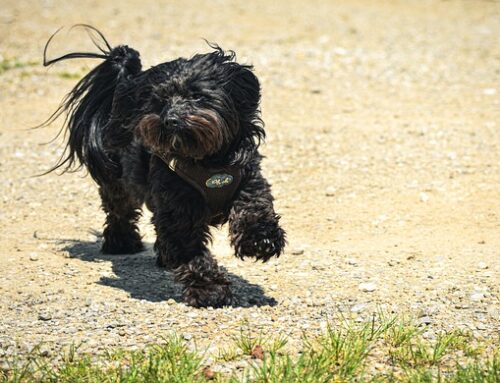Yorkshire Terriers, affectionately known as Yorkies, are among the most beloved small dog breeds. Understanding dog growth patterns is crucial for any Yorkie owner, and a Yorkie size chart can be an invaluable tool in this journey.
This blog post aims to guide you through the various stages of a Yorkie’s growth, helping you to understand what to expect as your furry friend grows.
Understanding the Yorkie Growth Process
Yorkies are known for their small size, but how small will your Yorkie be? Generally, Yorkies stop growing in size around their first birthday. However, their growth can be influenced by factors like genetics, nutrition, and overall health.
It’s important to remember that while growth charts can provide a general idea, each Yorkie is unique.
Stages of Growth
- Birth to 2 Months: Newborn Yorkies are tiny, typically weighing just a few ounces. During these initial weeks, they’ll gain weight rapidly.
- 2 to 4 Months: This is a period of fast growth. Your Yorkie puppy will start to look more like a mini version of their adult selves.
- 4 to 6 Months: Growth starts to slow down. You might notice your Yorkie’s adult coat beginning to come in.
- 6 to 12 Months: While the physical growth slows, your Yorkie will continue to develop muscle and fill out.
What Influences Yorkie Size?
Several factors can affect the size of your Yorkie:
- Genetics: The size of a Yorkie’s parents is the best indicator of its adult size.
- Diet and Nutrition: Proper nutrition is essential for healthy growth. Overfeeding can lead to obesity, whereas underfeeding can hinder growth.
- Health: Regular check-ups with a vet ensure that any health issues that might affect growth are identified and treated early.
Average Yorkie Size Chart
To give you a general idea, here’s an average-size chart for Yorkies:
- 1 Month: 1 – 1.5 pounds
- 3 Months: 2 – 4 pounds
- 6 Months: 3 – 5 pounds
- 1 Year: 4 – 7 pounds
Keep in mind, that adult Yorkies usually weigh around 4 to 7 pounds and stand about 7 to 8 inches tall at the shoulder.
Tips for Monitoring Your Yorkie’s Growth
- Regular Vet Visits: Routine check-ups are crucial for monitoring your Yorkie’s growth and overall health.
- Quality Diet: Feed your Yorkie high-quality dog food appropriate for their age, size, and activity level.
- Observation: Pay attention to your Yorkie’s body condition and energy levels. Look for a well-proportioned body and good muscle tone.
When to Be Concerned
If you notice that your Yorkie is significantly deviating from average growth patterns, it’s time to consult your vet. Signs to watch out for include:
- Underweight: Prominent bones and lack of muscle mass.
- Overweight: Difficulty in feeling the ribs, lack of a defined waist.
- Stunted Growth: If your Yorkie isn’t growing as expected or shows signs of developmental issues.
While a Yorkie size chart provides a helpful guideline, remember that each Yorkie is unique. Your love and care are the most important factors in your Yorkie’s growth and development. Enjoy every moment with your furry companion, as they grow from a tiny puppy into a charming and loving adult Yorkie.
With the right care and attention, your Yorkie will thrive, bringing joy and companionship for years to come. Remember to cherish each stage of your Yorkie’s growth and embrace the journey of raising a happy, healthy dog.




